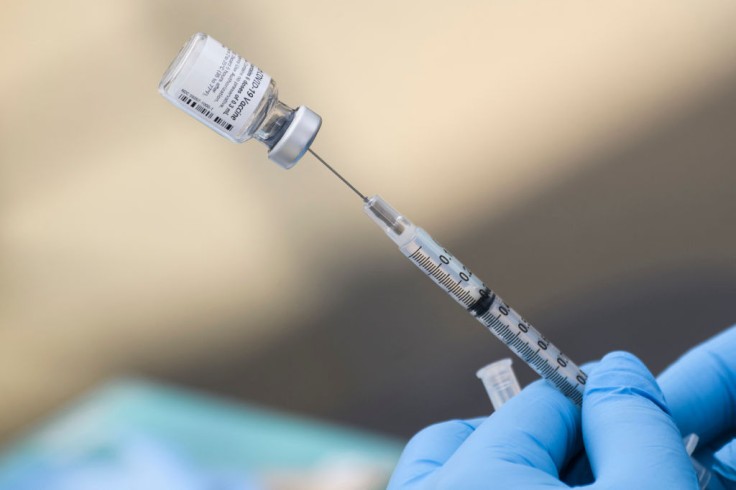
Small doses of the Pfizer vaccine for children between the ages of 5 to 11 years old have shown a safe and "robust" antibody response, according to new data released by the pharmaceutical company from its clinical trials.
Though the trial results have yet to undergo a peer review, Pfizer said it would soon file for an emergency use authorization (EUA) to get kids in this age group vaccinated finally. The drug company is confident that the U.S. Food and Drug Administration (FDA) will authorize the children's vaccine in a few weeks.
Scott Gottlieb, a member of the Pfizer board who once served as the head of the FDA, said that the vaccine could be available by end of October or early November as it will usually take the agency four to six weeks to review the results.
Details of the Pfizer Vaccine Trial
Pfizer did a two-dose vaccination, spaced out for 21 days, among 2,268 participants aged 5 to 11. The doses were at 10 micrograms, smaller than the usual 30-microgram administered to the adults and kids above 12 years old.
According to the company's news release, a 10-microgram dose was determined to be safe and tolerable for the immunogenicity of the kids in the younger ages. The trial also compared the antibody levels in participants' blood to that of the control group for 16- to 25-year-old volunteers.
Pfizer said that the kids' results were comparable to the result among the adults, whose doses were slightly higher. The children in the trial developed a strong immune response one month after getting their second dose. The side effects were also "generally comparable" to the result of the older participants with no reports of myocarditis or heart inflammation, which has been linked to this type of COVID-19 vaccine.
The news comes as parents have been anxious to get their school-age kids vaccinated against the deadly virus as the Delta variant continues to affect school activities in the new school year. As of September 9, COVID cases in children have risen to 243,000, alarming even the American Academy of Pediatrics.
Eligibility for 28 Million Kids
In August, a poll from the Kaiser Family Foundation showed that more than a quarter of parents of younger kids are eager to have the vaccination right away, once it's authorized. However, despite the pressing need, health officials in the U.S. have been cautious about its risk to smaller and younger individuals. Dr. Peter Marks of the FDA said that nobody wants the children to develop adverse effects; thus, the trials have to be done right and properly reviewed.
Once approved, about 28 million children in the U.S. between 5 to 11 years old will be eligible for vaccination. This is about nine percent of the general population.
Currently, the age of eligibility for vaccination covers 85 percent of the country. According to the Centers for Disease Control and Prevention (CDC), 63.8 percent have had their first doses, while 54.6 percent are fully vaccinated. From these numbers, 46 percent of adolescent kids (12 to 17 years old) are fully vaccinated.